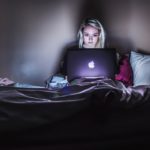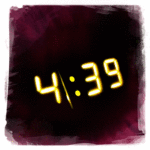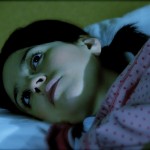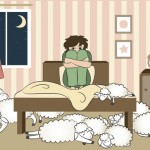A sleep disorder, or somnipathy, is a medical disorder of the sleep patterns of a person or animal. Some sleep disorders are serious enough to interfere with normal physical, mental and emotional functioning. A test commonly ordered for some sleep disorders is the polysomnography. Disruptions in sleep can be caused by a variety of issues, from teeth grinding (bruxism) to night terrors. When a person suffers from difficulty in sleeping with no obvious cause, it is referred to as insomnia. In addition, sleep disorders may also cause sufferers to sleep excessively, a condition known as hypersomnia. Management of sleep disturbances that are secondary to mental, medical, or substance abuse disorders should focus on the underlying conditions.
Young people with autism suffer poorer sleep quality than their peers
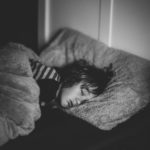
A group of UCL Masters students summarise a systematic review and meta-analysis of subjective and objective studies, which explores sleep problems in young people with autism spectrum disorders.
[read the full story...]